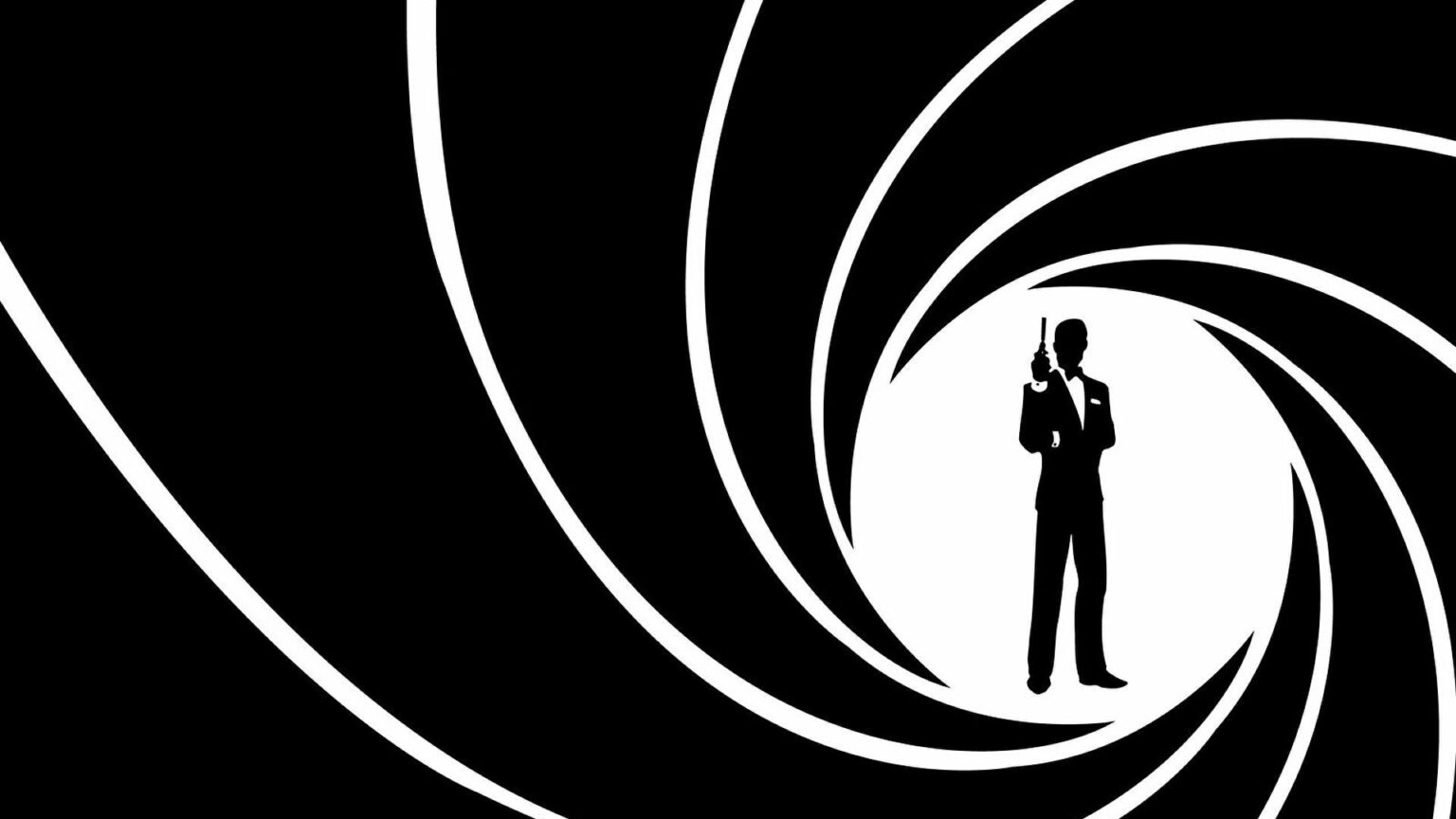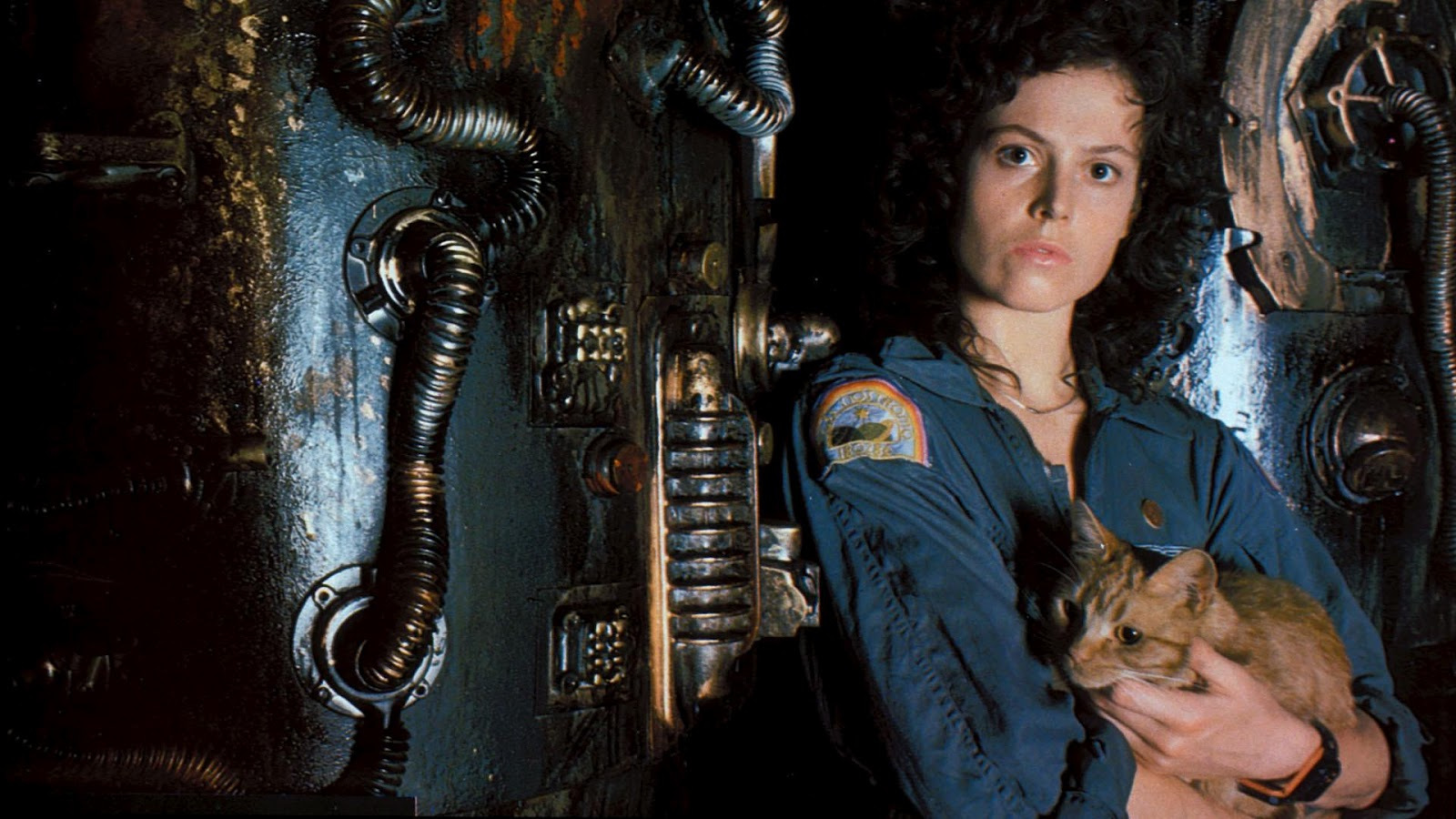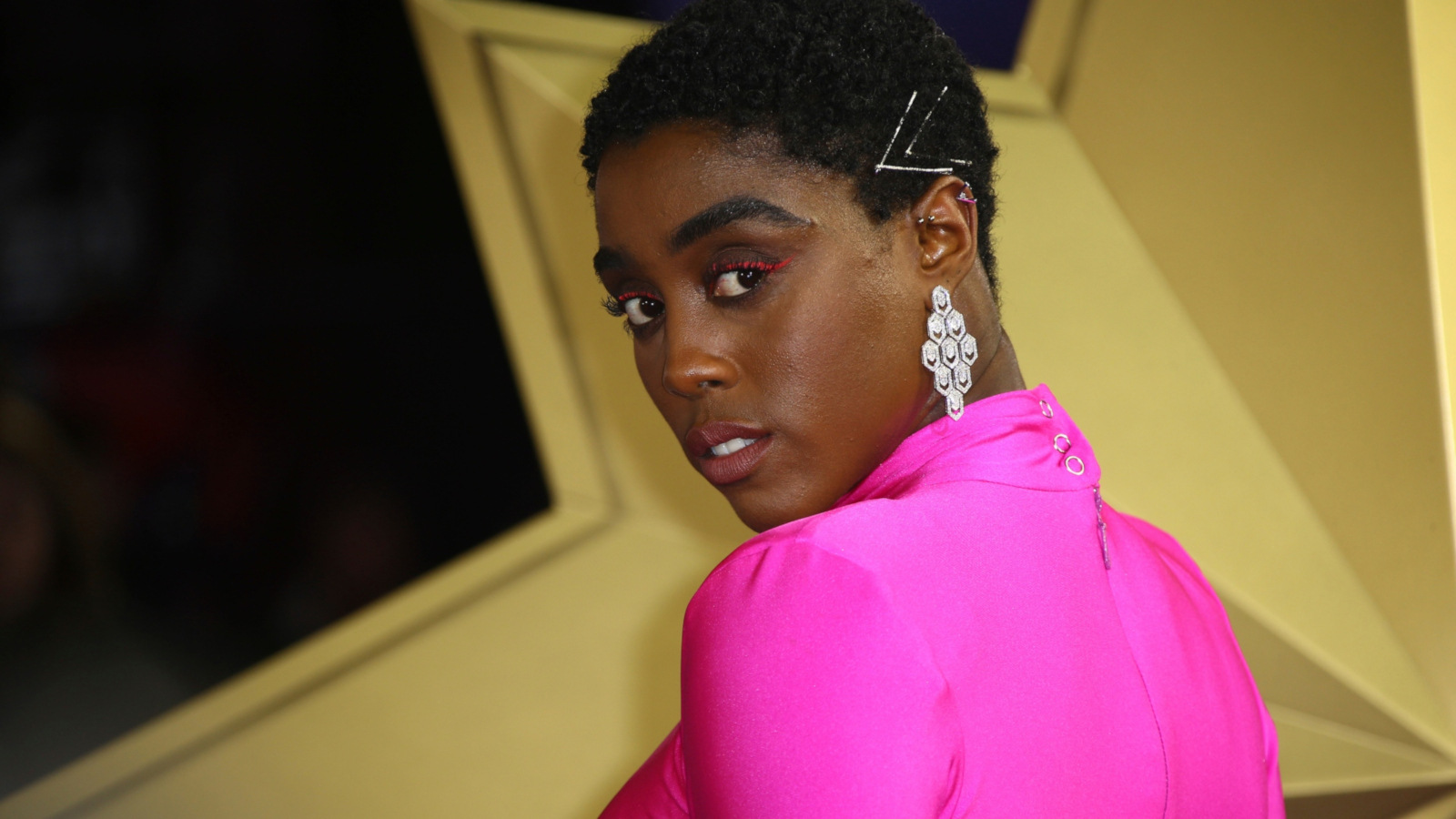
Is Daniel Craig sexist? Why did he say James Bond can’t be a woman?
Time & again, filmmakers and television producers are finding ways to be more inclusive in their casting & writing. While some of the approaches are to write and create strong characters & stories for women and people of color, one of the more contested approaches is to change an existing, popular character’s gender or race. The most recent subject of this debate is the replacement for Daniel Craig’s James Bond.
No Time To Die will be Craig’s fifth & final turn as the iconic British superspy. The four previous installments, beginning with Casino Royale in 2006 and followed by Quantum of Solace in 2008, Skyfall in 2012, and Spectre in 2015, have raked in over $3 billion in total box office revenue. With all of that clout, people tend to listen when he offers his opinions about the role.

Should James Bond be female?
In an interview with Radio Times Magazine, Daniel Craig was asked his thoughts on the Bond character and if he “would support a more diverse appointment as his replacement?”
He was candid in his response and offered this, “The answer to that is very simple. There should be better parts for women and actors of color. Why should a woman play James Bond when there should be a part just as good as James Bond, for a woman?”

Even on the set of No Time To Die, Daniel Craig wasn’t alone in that sentiment. The longtime producer of the Bond franchise, Barbara Broccoli had this to say, “Bond is male. He’s a male character. He was written as a male and I think he will probably stay a male.”
Broccoli has also gone on record to say that she doesn’t believe the race of Bond cannot be changed, just not the gender. She said this in January of last year, “He can be of any color, but he is male.” But is this sexist?

Is gender-bending a character sexist?
The idea of switching the gender of a character to make it more appealing to the present-day audience is nothing new. Reboots are now a staple in Hollywood, as the original idea is something of a rarity; every year, we see more and more reimaginings of movies from the past hit the screens.
Not only does that allow studios to cash in on formerly successful franchises like Ghostbusters and Ocean’s 11, but it also allows them to cheaply appeal to a different audience by putting together an all-female cast.

But does the retooling of these franchises in Ghostbusters (2016) and Ocean’s 8 (2018) do more harm than good? To Daniel Craig’s point, putting these female actresses into a role originally written for a man forces them to relive the same stories that men already told instead of following their own unique paths.
This is shown at the beginning of Ocean’s 8 as Sandra Bullock’s character Debbie (even her name echoed her brother, Danny’s) sat in a prison chair and talked her way out of prison, mirroring George Clooney’s opening to Ocean’s 11. While the sentiment of allowing the female actresses to headline their own films is excellent, one could argue the writing and production feels lazy and suffers at the box-office because of it.

Opportunities in gender-bending
While fans may voice their displeasure at the idea of changing the gender of their favorite characters, there seems to be a genuine need for some change that is requiring some growing pains.
From a fan’s perspective, it is easy to say that movie studios should write original & strong female characters like Wonder Woman, Ellen Ripley, and Sarah Conner. However, the reality is these characters are seldom as successful. Even Wonder Woman and Sarah Conner ended up playing second fiddle to strong male characters like Superman and The Terminator, respectively.
The studios seem to be hoping that using an established, successful name like Ghostbusters or Ocean will help bridge the gap and create strong characters from there. The earlier examples failed to show that as beneficial.

Finding balance
While audiences haven’t shown out the same for gender-swapped roles as they did for the male versions, it is an essential step in finding the balance of creating opportunities for female actors and allowing them to make the kind of successful properties that result in higher wages.
James Bond has always been male and has also consistently engaged in some of the more accepted male stereotypes that have since become more problematic. Turning the role over to a female actress may be a way to fix some of the more problematic traits, such as womanizing.
So, are Daniel Craig’s comments sexist? Or is he echoing a call for less lazy gender-bent casting and more strong writing and focused marketing to create strong characters that women can make their own the way men did with James Bond for the last sixty years?



